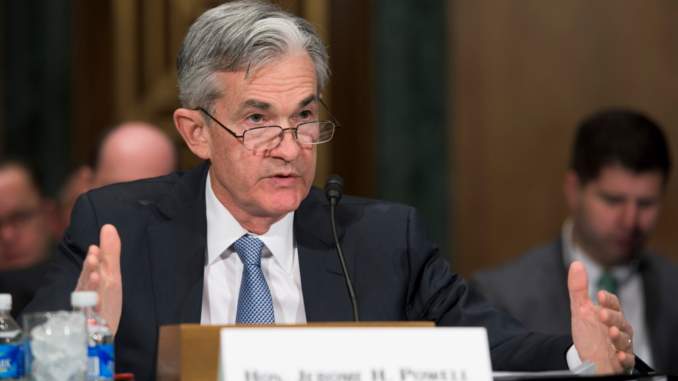
I’ve been hearing it for years: “Audit the Fed!” At the core of that demand is a simple truth: the Federal Reserve, America’s central banking system, has dramatic authority over monetary policy and little accountability for using its power.
This is not accidental. The arrangement was constructed to keep the Federal Reserve board independent of political whims and the direction of national figures. No person, whether President or Speaker or other, has the authority to command the Fed. Because of this freedom, the board – which is comprised entirely of banking and economic experts – can address long-term monetary trends and avert crises.
The standard reason for wanting greater oversight of the Fed is a belief that it’s not performing its tasks well, that it instead is favoring key institutions; playing politics, just not necessarily on a partisan level.
This has shifted, under President Trump. There were concerns that Obama had politicized the Fed, and after the continued use of quantitative easing to stave off what would be a normal cycle, those concerns seem justified. They are unconfirmed, however, because there was inconclusive evidence of a public campaign by the President to direct banking policy.
There is plenty of such evidence under Trump. Repeated tweets have directed the board members on how to act… despite those decisions being blatantly geared toward short-term, pre-election gains and risking long-term calamity. There is an incentive for the Fed Chairman, Jay Powell, to listen to him; it is a matter of significant prestige to be Chairman, and other board members are jockeying to take his position… something President Trump has made clear he is open to arranging.
With unusually low interest rates and other easy-money policy, we have few weapons left to reverse or redirect a recession. If one comes – and one is presaged by the recent economic data both from inside our country (inverted bond yield curves) and outside (recession movements in economically tied countries) – we will need tools to minimize its severity.
Today the markets are watching Jay Powell. It is not for the usual reason, trying to determine if their educated guesses toward policy have been correct, or whether they need to adjust their investment strategies. This time, they want to know whether he will obey Trump or perform his job as tasked when it was created.
The real issue is not Powell’s answer, but the fact that the markets are nervously watching in the first place. The question arises only because the President has aggressively moved to undermine one of our national institutions. This should be a matter of grave concern to people… particularly those who claim to want a system of laws, of checks and balances, and individual freedom over a centralized government.
It is not. This is merely one more instance of an overreaching Executive branch, and like the record-setting deficit matched with exorbitant spending, it will be lost among the other dubious statements and decisions.

1 Trackback / Pingback
Comments are closed.